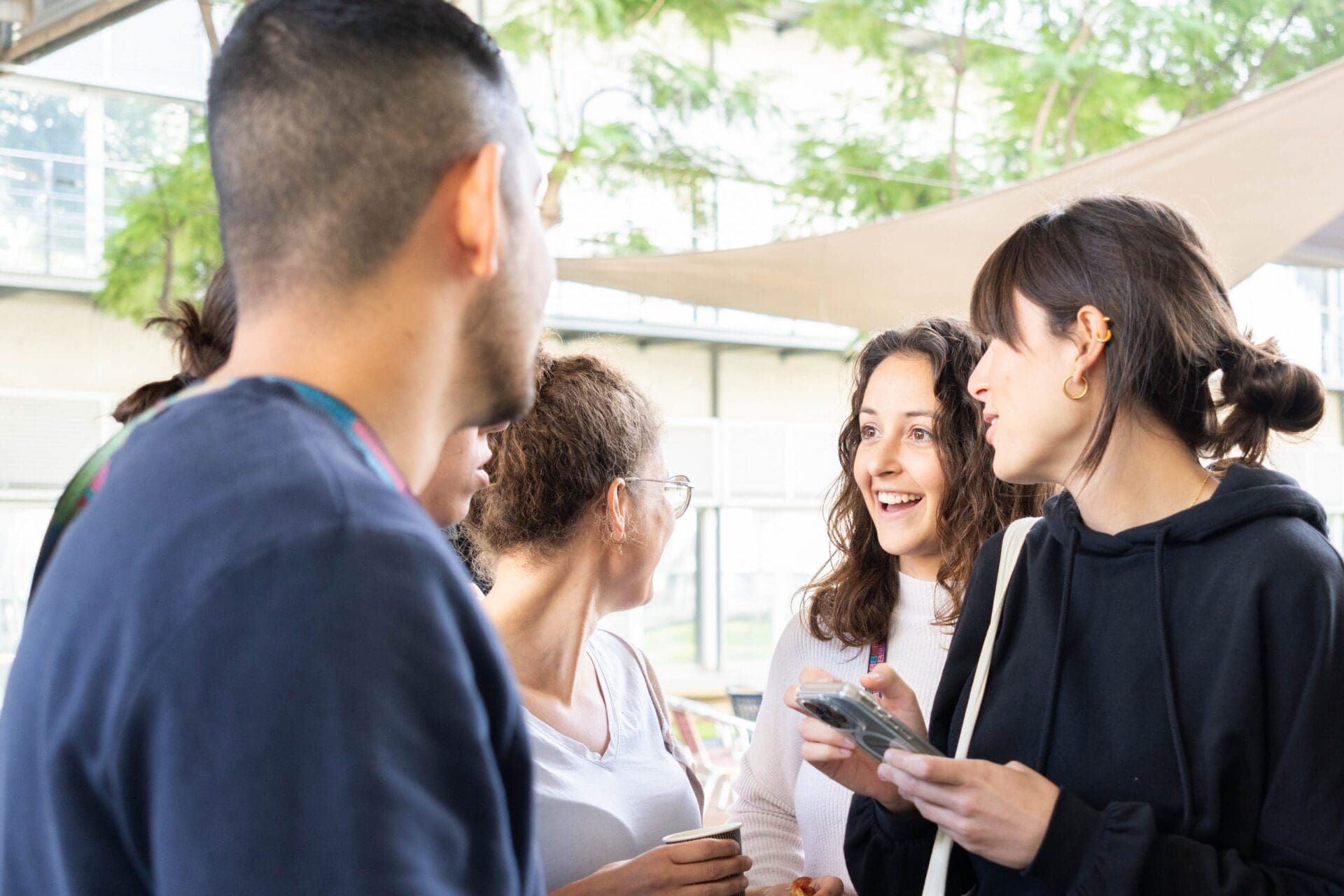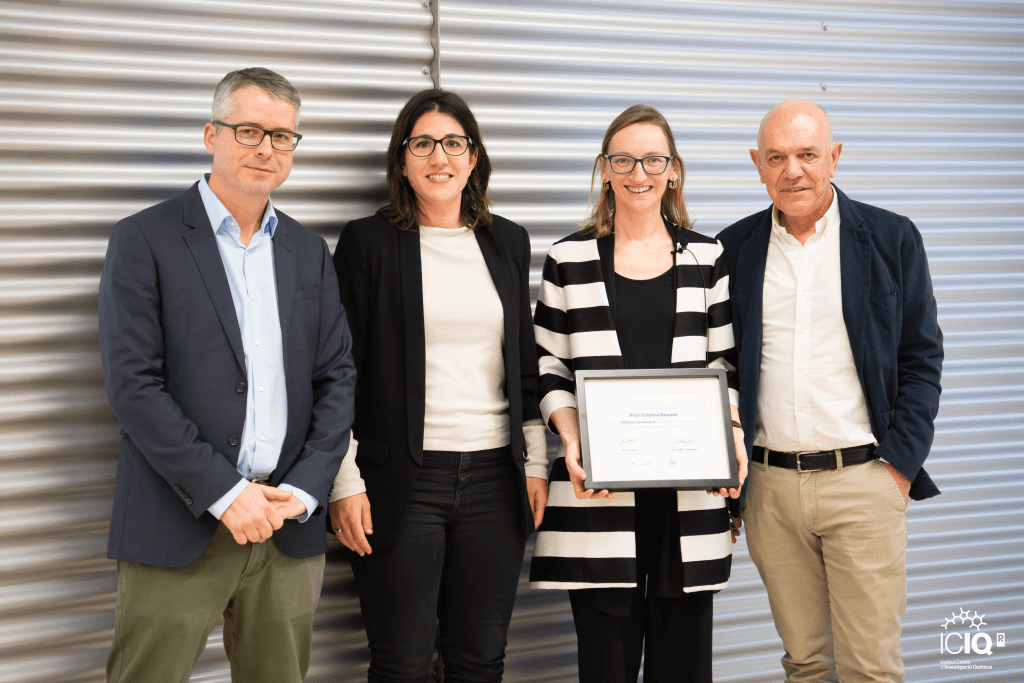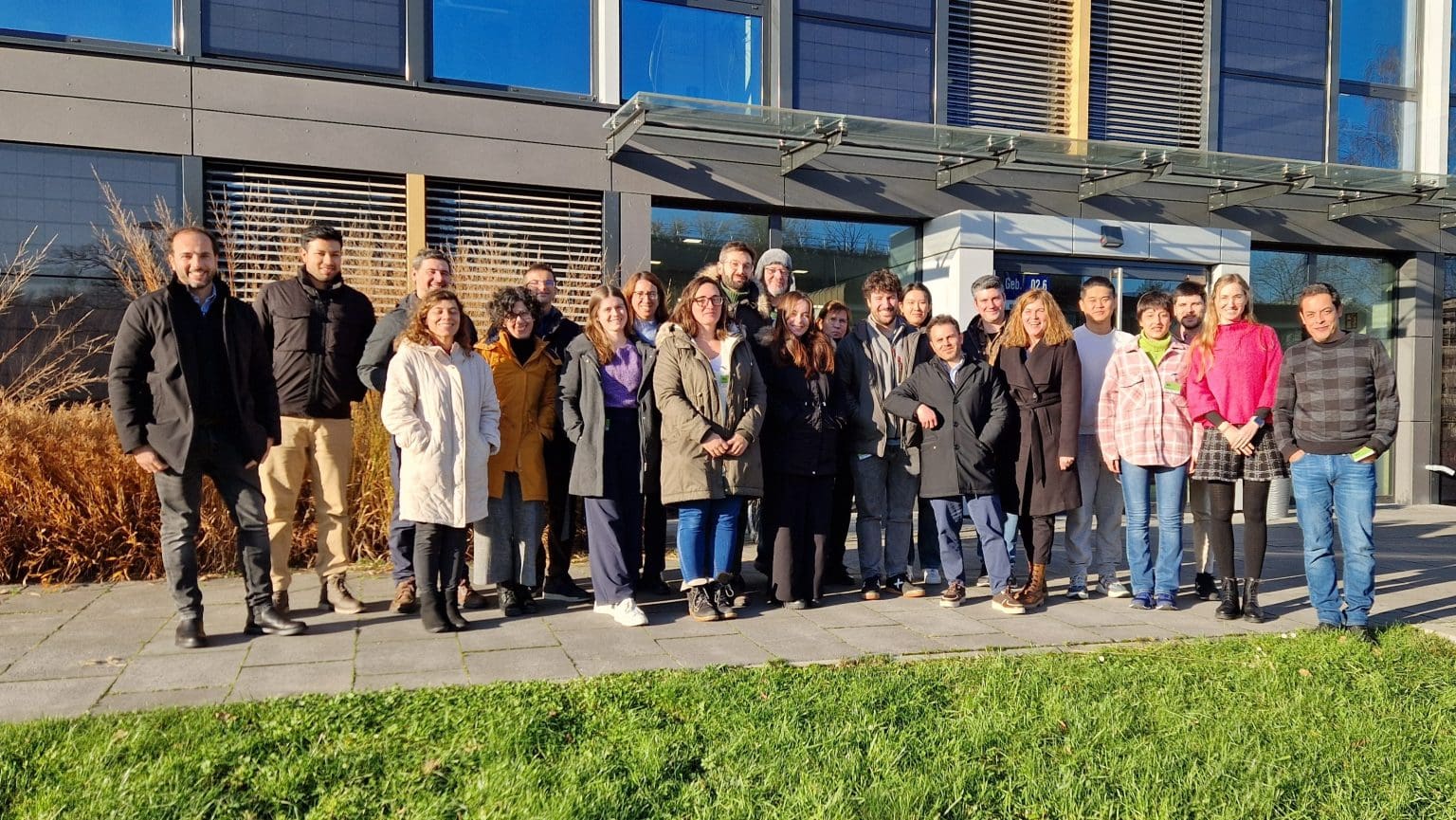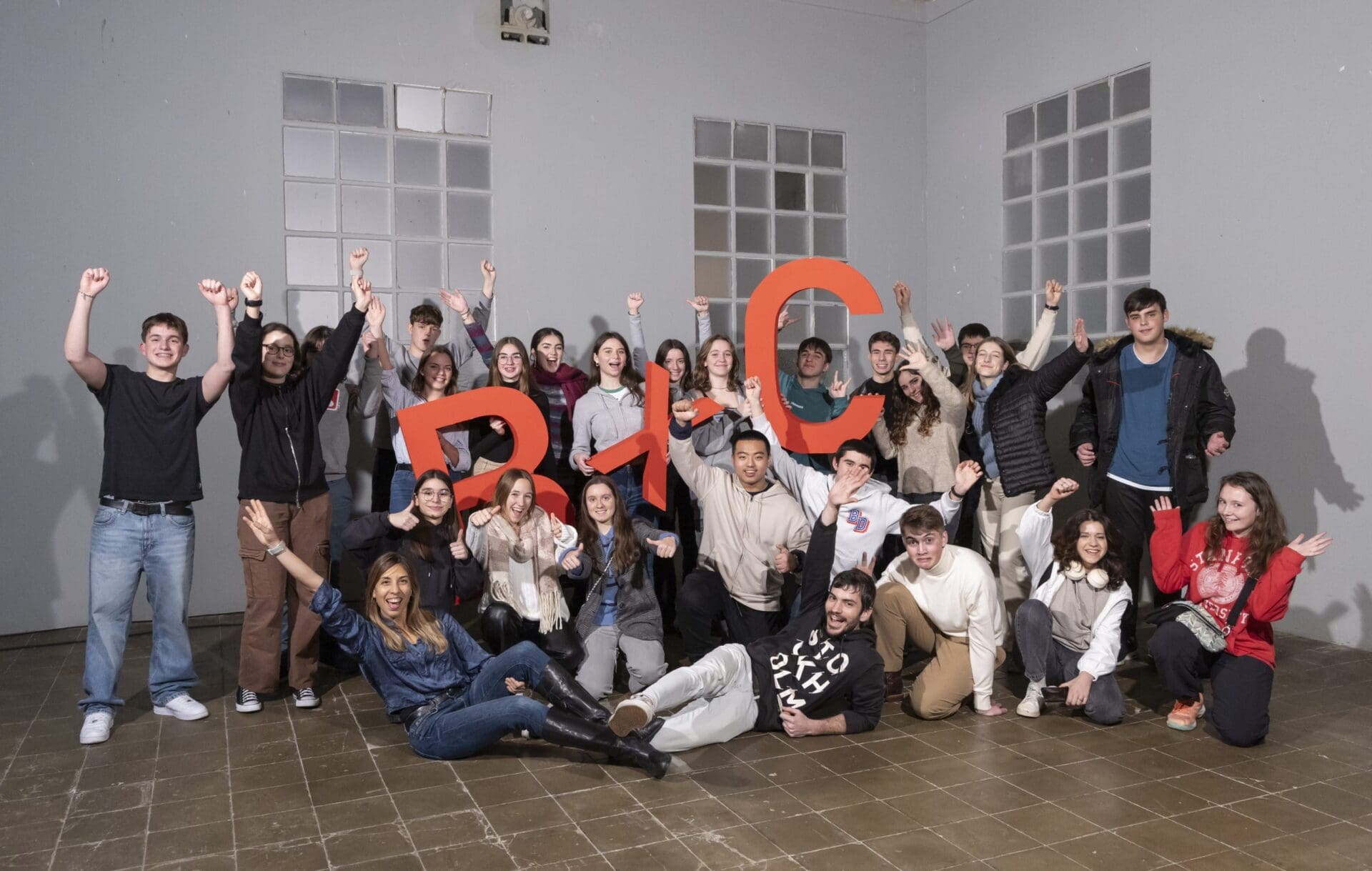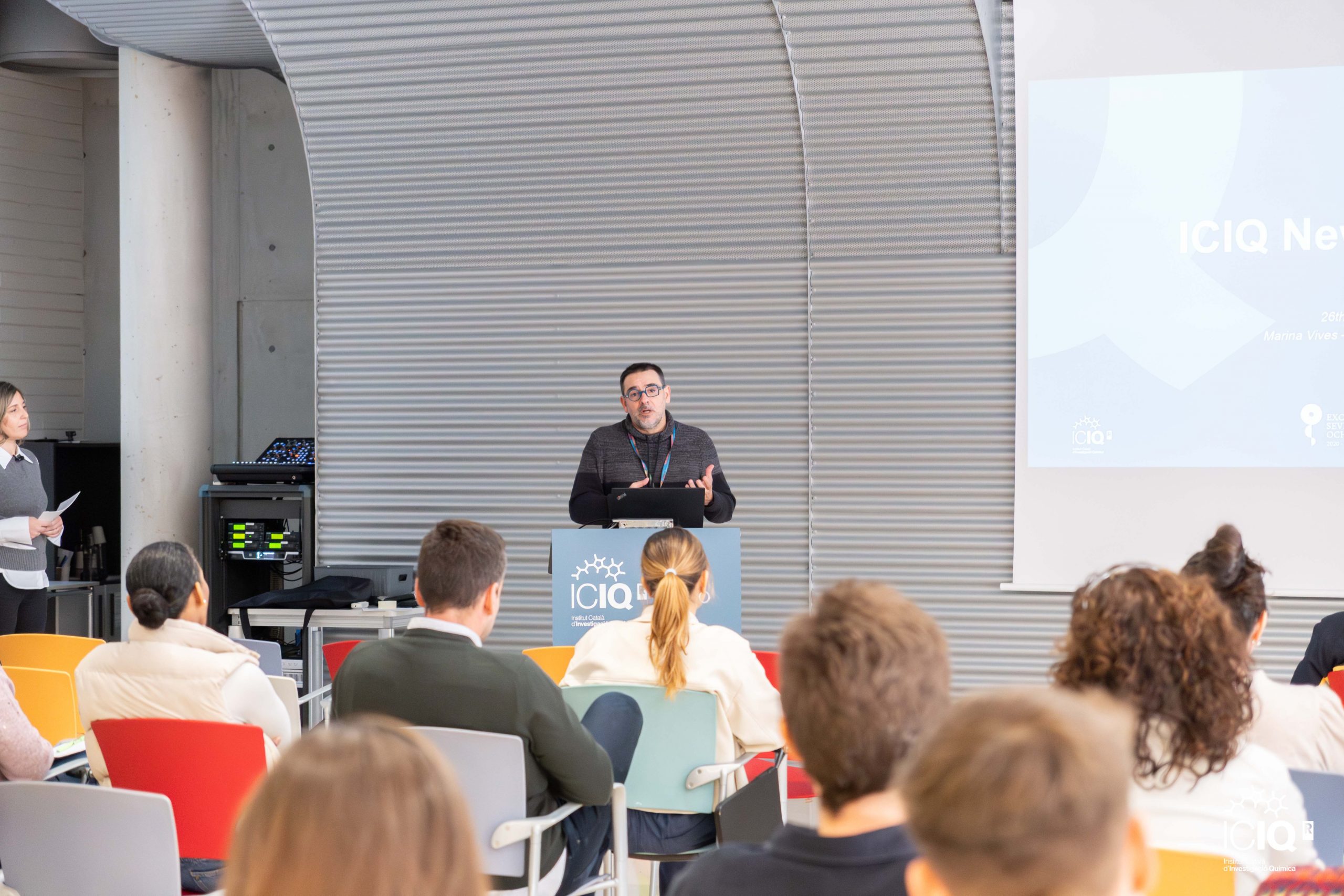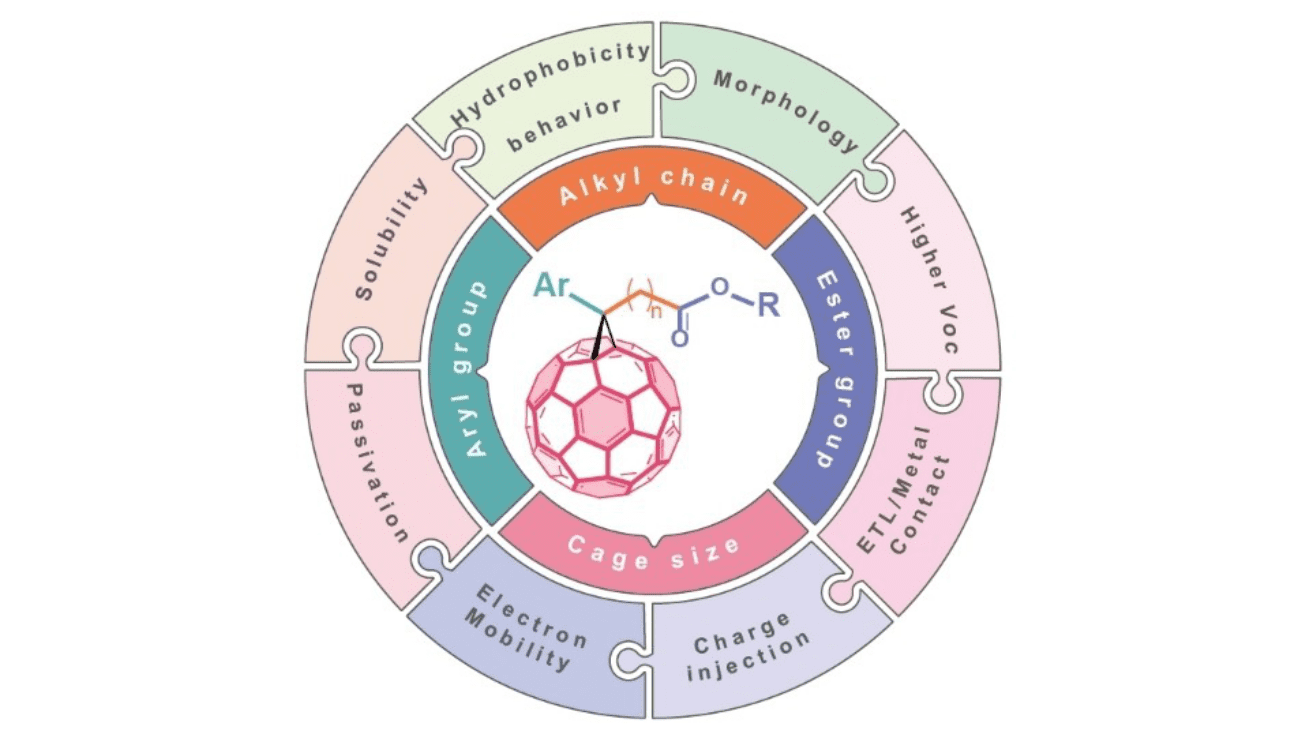Face to Face with Pedro J. Pérez
 Pedro J. Pérez studied chemistry at the University of Seville where he graduated in 1987 and received his PhD degree, developed under the supervision of Prof. Ernesto Carmona, in 1991. From 1991 to 1993, he worked at University of North Carolina at Chapel Hill as a postdoctoral fellow and, in 1993, he joined the newly established University of Huelva, where he works now as full Professor and head of Center for Research in Sustainable Chemistry. His research interests are the development of homogeneous catalysts for the functionalization of hydrocarbons by transfer reactions from metal centers. In the last years, he is particularly focussed in alkanes as substrates. In 2007 the Spanish Royal Society of Chemistry awarded him with the Research award of Inorganic Chemistry and, since June 2013, he is a member of the ICIQ’s Scientific Advisory Board. He was a speaker in the ICIQ’s 10th Anniversary Scientific Symposium last July, where we had the opportunity to talk to him in our Face to Face.
Pedro J. Pérez studied chemistry at the University of Seville where he graduated in 1987 and received his PhD degree, developed under the supervision of Prof. Ernesto Carmona, in 1991. From 1991 to 1993, he worked at University of North Carolina at Chapel Hill as a postdoctoral fellow and, in 1993, he joined the newly established University of Huelva, where he works now as full Professor and head of Center for Research in Sustainable Chemistry. His research interests are the development of homogeneous catalysts for the functionalization of hydrocarbons by transfer reactions from metal centers. In the last years, he is particularly focussed in alkanes as substrates. In 2007 the Spanish Royal Society of Chemistry awarded him with the Research award of Inorganic Chemistry and, since June 2013, he is a member of the ICIQ’s Scientific Advisory Board. He was a speaker in the ICIQ’s 10th Anniversary Scientific Symposium last July, where we had the opportunity to talk to him in our Face to Face.
When did you decide to become a scientist and why?
As a child, I wanted to be a teacher, like my father. Then I considered being an architect and then, when I started to study chemistry, I realized I liked it very much. That was relatively early, at the beginning of high school. So I decided to study chemistry with the intention to focus on teaching, because I had never thought about research. But in the last year of college, during the summer, I worked doing research and, after that, Ernesto Carmona gave me the chance to do the thesis in his group. That changed my life.
What do you like and enjoy the most in your job?
What I like, and I always tell my students, is that we are privileged because every day is different. It is not a boring routine work. It has its good and bad moments, of course, but the best is that every morning, when you get to the office, is a different day.
Which are the greatest achievements in you career so far?
What I am most proud of is not a scientific discovery. My career is a bit unusual because after my postdoc I went to a University, the University of Huelva, which was just starting. Everyone who arrived at that time had to build it from scratch. It was a hard work, but it was also a privilege because not many people have the opportunity to start building a centre from scratch. In that sense the ICIQ is similar, and all the people who have contributed to build it from the first day have to feel what I feel. So I think that my greatest achievement has been to contribute to the creation and implementation of a University.
From your point of view, what are the most important areas in which funding should be spent on?
I believe the investment to make in chemistry must be seen from two perspectives, the social one, training people to work in this area, and the applied one.
Regarding the social perspective we need to invest in every area, because you have to train professionals to work in any field of chemistry, and that has to be funded by the public sector. Regarding the applied or directed research, in my opinion that should have more support from the private sector, which are those that are going to benefit in the firs instance. I wouldn’t give excessive amounts of public investment to solve problems that companies will then exploit.
What does being a member of the ICIQ’s Scientific Advisory Board (SAB) mean to you?
For me is a real honour, of course. I have a number of scientific collaborations with some ICIQ groups like M. A. Pericàs, A. M. Echavarren or F. Maseras groups, I usually come here as a member of some PhD evaluation committee and I have also participated in a couple of ICIQ’s summer schools, but I didn’t expect that (being awarded a member of the ICIQ’s SAB). I am very honoured and grateful to be on this board.
Could you give a piece of advice to young researchers who want to become excellent researchers in their fields?
Right now, the most important thing is to be patient and keep training. Do not think that one has already everything. They need to keep learning, to keep doing more things. The ICIQ is a centre with an international vision but, in general, Spain is a country where people are used to take a job for life and this will change.
This will change in the coming decades and people have to know that they need to keep training, they need to have the suitcase ready, they have to look for new jobs with better conditions and better salaries… the new generations of scientists have to change their mentalities.
What do you do in your spare time (if you have any)?
I have little free time. But lately, almost on prescription, I had to find hobbies, because working seven days a week is not healthy. I usually dedicate some time to philately. And some time ago I started playing golf. I don’t play well but I like to walk during three or four hours and disconnect from everything. I also like going to the movies, being with my family… usual things.
PROUST/ICIQ QUESTIONNAIRE
A chemical element: Copper
Favourite Scientist: Ernesto Carmona
Your favourite invention: now I would say the smartphones
If you had not been scientist… I would have been a teacher
Favourite destination: my home
A book: any by Robin Cook
A movie: Star Wars
A dream: I don’t have a specific dream, I am quite happy
Science is… great
Related news

Let's create a brighter future
Join our team to work with renowned researchers, tackle groundbreaking
projects and contribute to meaningful scientific advancements






 11-12-2024
11-12-2024 